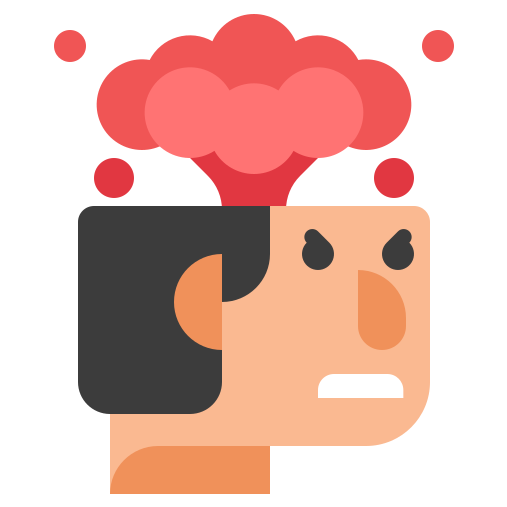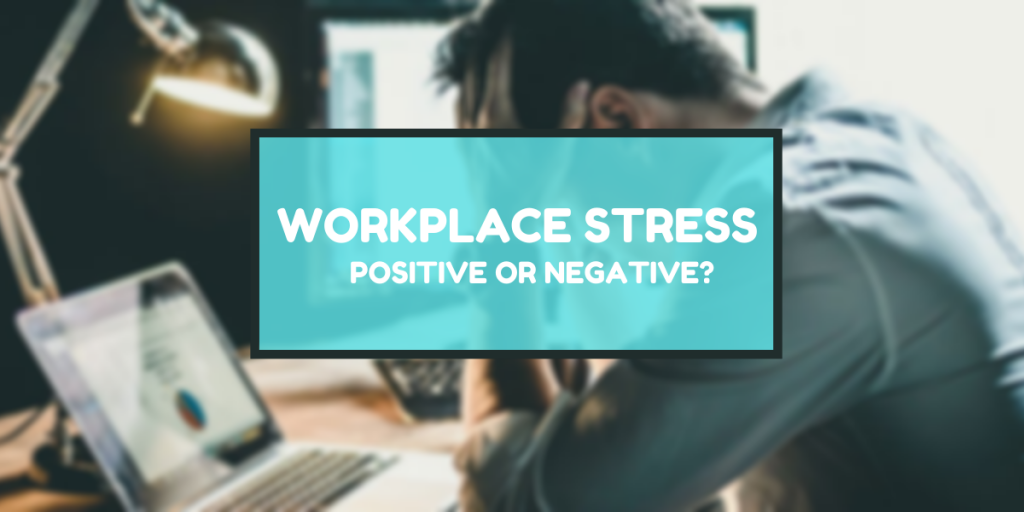Stress isn’t always negative. A little bit of stress can help you stay focused, energetic, and able to meet new challenges in the workplace. It’s what keeps you on your toes during a presentation or alert to prevent accidents or costly mistakes.
But in today’s hectic world, the workplace too often seems like an emotional roller coaster ride. Long hours, tight deadlines, and ever-increasing demands can leave you feeling worried, drained, and overwhelmed. And when stress exceeds your ability to cope, it stops being helpful and starts causing damage to your mind and body—as well as to your job satisfaction.

You can’t control everything in your work environment, but that doesn’t mean you’re powerless, even when you’re stuck in a difficult situation. If stress on the job is interfering with your work performance, health, or personal life, it’s time to take action. No matter what you do for a living, what your ambitions are, or how stressful your job is, there are plenty of things you can do to reduce your overall stress levels and regain a sense of control at work.
What is stress?
In 2018, Canadian Mental Health Association gave a simple definition about stress. “Stress is a reaction to a situation – it isn’t about the actual situation. We usually feel stressed when we think that the demands of the situation are greater than our resources to deal with that situation. For example, someone who feels comfortable speaking in public may not worry about giving a presentation, while someone who isn’t confident in their skills may feel a lot of stress about an upcoming presentation. Common sources of stress may include major life events, like moving or changing jobs. Long-term worries, like a long-term illness or parenting, can also feel stressful. Even daily hassles like dealing with traffic can be a source of stress.”
People often tend to get confused between Work Pressure and Work Stress. So let’s understand each term individually.
What is Work pressure?
In laymen language work pressure is pressure at work. When you have to complete certain amount of tasks during a specified period of time. You have pressure to complete those tasks within certain timeframe, that is work pressure. Doing the tasks correctly and up to the mark because you can’t perform tasks just for the sake of it instead you have to perform it according to the expectations of your superior/client. This creates a pressure on you to work properly, that is work pressure.
What is Work stress?
Now we know what is work pressure. But how do it differs from stress. Work stress is reaction to this stress. Or we can say that emotional or physical response by an employee when there is conflict between work demand and amount of control. Generally when there is high work demand and low amount of control it can lead to work stress.
Stress in workplace can have many origins or a single origin. It can happen to both employees and employers. It is believed that some stress is good (Positive stress) but when it gets way out of control that stress can have both physical as well as emotional affects.
Causes of Work stress
Now when we can distinguish between work pressure and work stress, let’s understand what are the key factors for work pressure.
Common causes of workplace stress include:
- Fear of being laid off
- More overtime due to staff cutbacks
- Pressure to perform to meet rising expectations but with no increase in job satisfaction
- Pressure to work at optimum levels—all the time!
- Lack of control over how you do your work
Symptoms of Work stress
When you feel overwhelmed at work, you lose confidence and may become angry, irritable, or withdrawn. Other signs and symptoms of excessive stress at work include:

- Feeling anxious, irritable, or depressed
- Apathy, loss of interest in work
- Problems sleeping
- Fatigue
- Trouble concentrating
- Muscle tension or headaches
- Stomach problems
- Social withdrawal
- Loss of sex drive
- Using alcohol or drugs to cope
Work stress management
There are many ways to manage your stress at workplace. But according to me the most five strategies to cool that stressing mind are:
- Problem-solving. Problem-solving is an active coping strategy that involves teaching people to take specific steps when approaching a roadblock or challenge. These steps include defining the problem, brainstorming potential solutions, ranking the solutions, developing an action plan, and testing the chosen solution.
- Mindfulness. Mindfulness is the ability to pay attention to the present moment with curiosity, openness, and acceptance. Work stress can be exacerbated when we spend time ruminating about the past, worrying about the future, or engaging in self-criticism. Mindfulness helps to train the brain to break these harmful habits. You can cultivate mindfulness skills through formal practice (like guided meditation) and informal exercises (like mindful walking), or try mindfulness apps or classes. Mindfulness-based therapies are effective for reducing symptoms of depression and anxiety.
- Turn to co-workers for support. Having a solid support system at work can help buffer you from the negative effects of job stress. Just remember to listen to them and offer support when they are in need as well. If you don’t have a close friend at work, you can take steps to be more social with your coworkers. When you take a break, for example, instead of directing your attention to your smartphone, try engaging your colleagues.
- Make time for regular exercises. Turn to co-workers for support. Having a solid support system at work can help buffer you from the negative effects of job stress. Just remember to listen to them and offer support when they are in need as well. If you don’t have a close friend at work, you can take steps to be more social with your coworkers. When you take a break, for example, instead of directing your attention to your smartphone, try engaging your colleagues.
- Talk to your employer about workplace stressors. Healthy and happy employees are more productive, so your employer has an incentive to tackle workplace stress whenever possible. Rather than rattling off a list of complaints, let your employer know about specific conditions that are impacting your work performance.

Few things to remember
Often people when feel stressed at work start following unhealthy eating styles or some unhealthy practices. So in all means these should be avoided.
- Minimize sugar and refined carbs.
- Reduce your intake of foods that can adversely affect your mood.
- Eat more Omega-3 fatty acids to give your mood a boost.
- Avoid nicotine.
- Drink alcohol in moderation.
Keeping it cool
Whatever your work demands, there are steps you can take to protect yourself from the damaging effects of stress, improve your job satisfaction, and bolster your well-being on and off the job.
Losing hope is not a solution. Accept the circumstances and act according to them. Set a schedule where in you can manage time to your full ability. Due to our hectic lives we often forget to give time to ourselves so try to give some time to yourselves be it 5 minutes of your 24 hours day. There are certain free online apps which can help you with identifying and overcoming of work stress.
Do check out our other blogs.
- Delegation
- Decisiveness
- Teamwork
- Responsibility
- Leadership
- SUBCONSCIOUS MIND: The Real Controller?
- Self-Motivation
- Positivity

